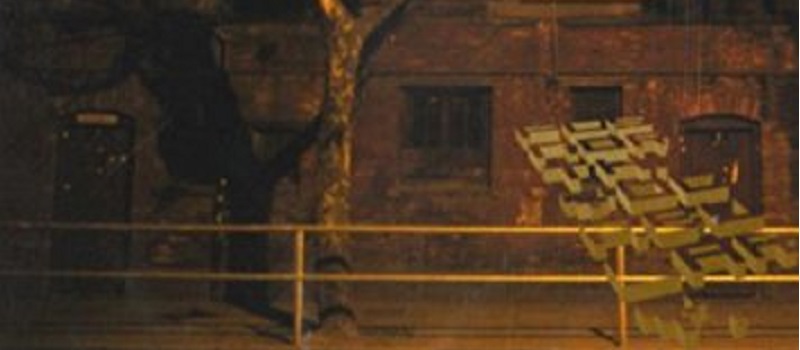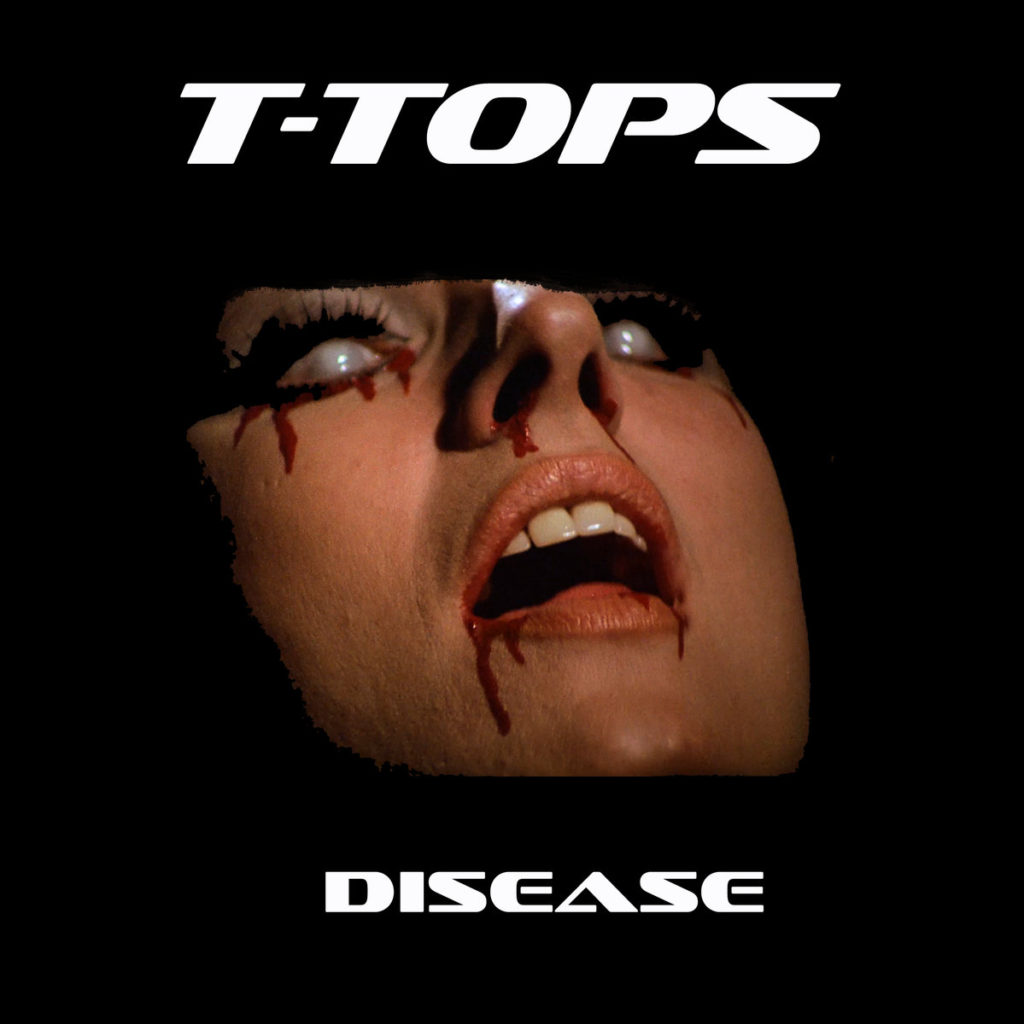Though not linked with Tortoise or the Chicago avant-jazz/post-rock community that thrives around them, FCS North are clearly indebted to the sounds and rhythms that ensemble has brought to the forefront.
And while it’s way off base to state that FCS North’s recently released Vocabulary is a photocopy of TNT or Standards, it’s not as far-fetched to suggest that they strive – but often fail – to pull off some of the same tricks as one of Chicago’s finest.
On Vocabulary, the quartet build complex soundscapes around jazz-funk bass measures, shards of electronic noise, dance-worthy backbeats, and refrains that blur the line between digital manipulation and more organic songwriting. But is it any good? Well, yes and no.
After a random interlude called “Skit,” FCS North begins defining the ABCs of its vocabulary with “Prince,” which comfortably lounges its way through a minute or so before launching into a nearly lightning-fast rhythmic rumble of skittering drums and funky bass.
The song continues in this vein with spare keyboards adding a kind of background pulse for a handful of measures, then morphs into another series of repeating refrains, these offering interjections from dance-house electronics, quietly weeping strings, and what sounds like a xylophone.
The song expands on this third movement – with occasional diversions and variations – for the remainder of the roughly eight-minute track, adding strange guitar effects and layers of digitally tweaked “oohs” and “aahs” to the mix. The end effect can be enveloping in a way, but it also doesn’t feel like it’s taking the listener anywhere.
Sure, it’s well constructed and more sophisticated than most bands even try to be, but it doesn’t feel like it’s putting the letters together to tell a real story.
Much the same could be said for each of the seven tracks on the CD. “11:11” begins with a kind of Close Encounters of the Third Kind spaciness and gives way to some incredible examples of how to get a groove going with the use of only bass and drums. But, after a few minutes, the song – which utilizes the same accompanying textures from keyboards and turntables as the band did on “Prince” – feels like its tracing the lines of its own patterns and repeating without going anywhere. At five minutes in, the track pauses for a breath and lets loose an oddly breathtaking moment, the gentle hum of strings and electronics wafting in the air as an electronic drumbeat stumbles to the front of the proceedings.
Sadly, the bridge expands itself with the use of more obvious drumbeats and generic-sounding female dance vocals, and starts to feel more like the trancy, never-ending tracks of your local all-night rave than the textured sound-scapes of post-everything.
As Vocabulary moves along, as a matter of fact, much of it starts sounding more like house music than anything else. The promising bass grooves of “Things Will Change” move into another generic-sounding slice of computerized techno, the only truly engaging element – drums and percussion that sound both organic and digitized – playing too low behind a wall of predictable electronics.
The song features a couple of incredible hip-hop verses, the words being pushed out and rhythmically cut off mid-syllable over and over again, but the listener, time and again, is returned to electronic noodling that seems simply too formulaic to fly. “Seasonal” suffers from similar ailments, with interesting bars and progressions playing second fiddle to noises that seem too obvious for a band with this much of a handle on how to put together songs.
In the midst of all of this, “Grey Gardens” and the album-closing “All That’s Now in Effect (R.F.I.D.)” could be the best tracks on the CD. The former starts with the bass-heavy, pulsing moans of some strange underwater craft, growing through the gradual appearance and reappearance of drums that come through your stereo from dozens of directions.
A second bass line eventually creeps its way into things and, keyboards in tow, FCS North builds and builds the arc around the song’s core, always using the original pulse as an anchor of sorts. Lengthwise, the track is on par with what surrounds it but when it ends – and this is a big compliment – you wish it had been almost twice as long. “All That’s Now in Effect (R.F.I.D.)” has its anticlimactic lulls and its electronic missteps, but it’s worth mentioning, if only for the tight and almost sinister series of progressions in its early moments.
It would be a curious sight – as well as a good gauge of their abilities – to see FCS North try to pull off most of this material before a live audience. While every ambitious shut-in with an iBook or a carefully assembled basement studio can make electronic noises that are strange but somehow fit together, it takes a really great band to pull off songs with this kind of structure and depth on a stage. All King James jokes aside, it could also be what keeps FCS North in the league and light of inventive – and hard-to-define – acts like Tortoise, and out of the darkness occupied by an ever-increasing number of the ensemble’s bass-heavy imitators. – Delusions of Adequacy, July 21, 2003




